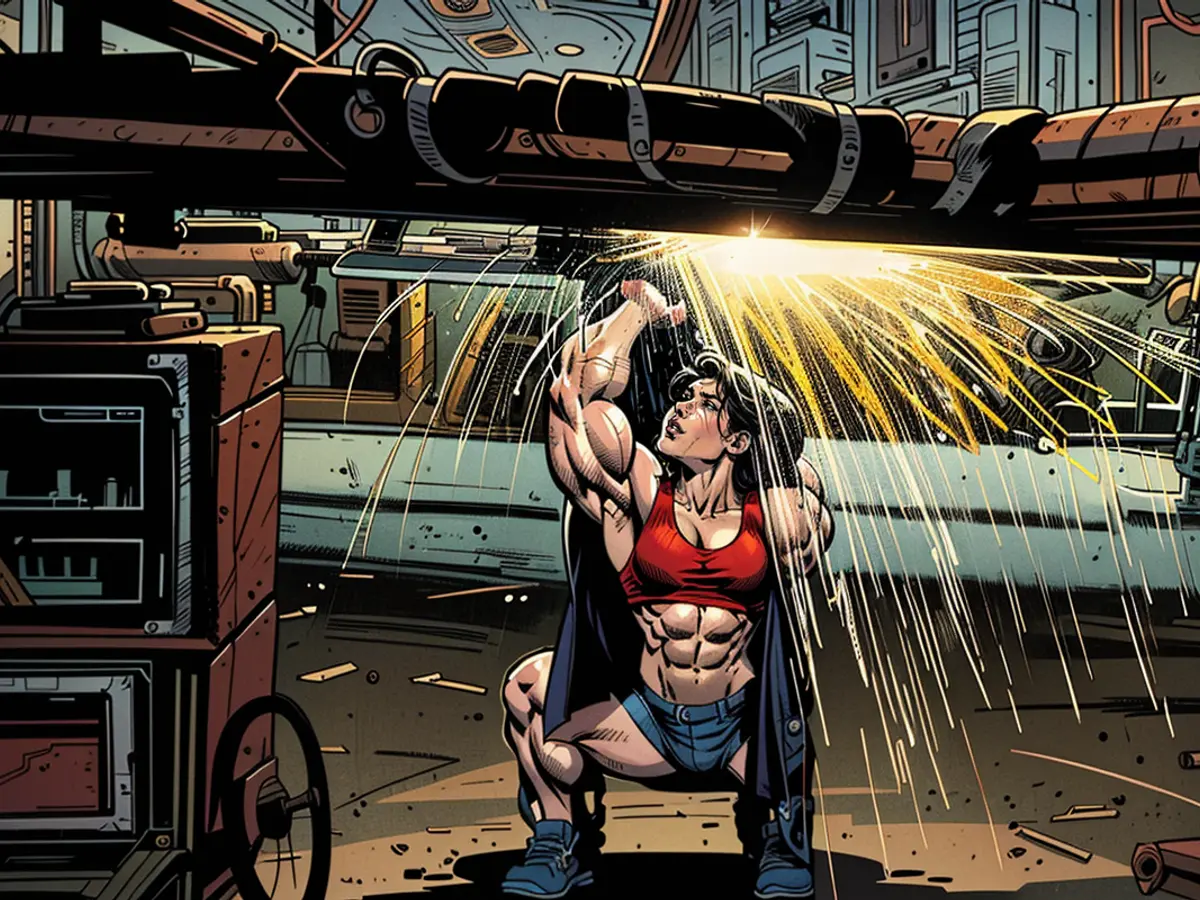IG Metall demands seven percent more
For nearly four million employees, collective bargaining in the Metal and Electro industry will begin in September. The demand of the union is expectedly met with rejection by the employers. The situation is difficult. The IG Metall sees it similarly - and therefore demands investments.
The IG Metall demands a seven percent increase in wages for the approximately 3.9 million employees in the Metal and Electro industry in the upcoming collective bargaining round. Trainees should receive an additional 170 Euros, in addition, the union is pushing for a social component and more recognition in working hours. The demand is justified considering the situation of employees and companies and is urgently needed, said IG Metall Chairwoman Christiane Benner. "Our colleagues and the economy need a decent plus and good prospects." The same applies to the future and employment security of the country through politics and companies: "It needs massive investments," Benner added.
The employer association Gesamtmetall criticized the wage demand of the union immediately. "The IG Metall and we warn against de-industrialization and point to the unfavorable framework conditions for companies," said Gesamtmetall President Stefan Wolf. At the same time, the union is making one of the highest wage demands of recent history. "Since the IG Metall's concern about de-industrialization is likely sincere, now everything must be focused on strengthening the location," Wolf said.
The parties to the collective bargaining must contribute their share and at the same time pressure politics for reforms. "The labor costs, as the IG Metall envisions them, should not be driven any further up," said Wolf.
The industry is currently experiencing a slump in orders. In May, production unexpectedly declined and thus further darkened the already poor economic outlook. Above all, the machinery industry and the automotive industry reported significant setbacks. Companies had to contend not only with the poor order situation but also with unfavorable framework conditions, such as personnel shortages, high energy costs, and bureaucratic hurdles. The experts of the Ifo Institute only expect modest economic growth for the current year, and it may not be better until 2025.
Apart from a wage increase, the union also wants to speak about the distribution of working hours in the collective bargaining round and create free time for employees to engage politically. "The commitment for colleagues, society, and democracy needs more recognition," Benner said. The existing options between time and money for full-time employees with shift work, care or education duties should be expanded to more people and topics.
The IG Metall's proposed seven percent wage increase for 3.9 million employees in the Metal and Electro industry is met with criticism by Gesamtmetall, with President Stefan Wolf warning against de-industrialization due to the unfavorable framework conditions. Recognizing the industry's current slump in orders and poor economic outlook, IG Metall also pushes for a focus on strengthening the location, advocating for expanded free time options for employees to engage politically, recognizing their commitment to society and democracy.








